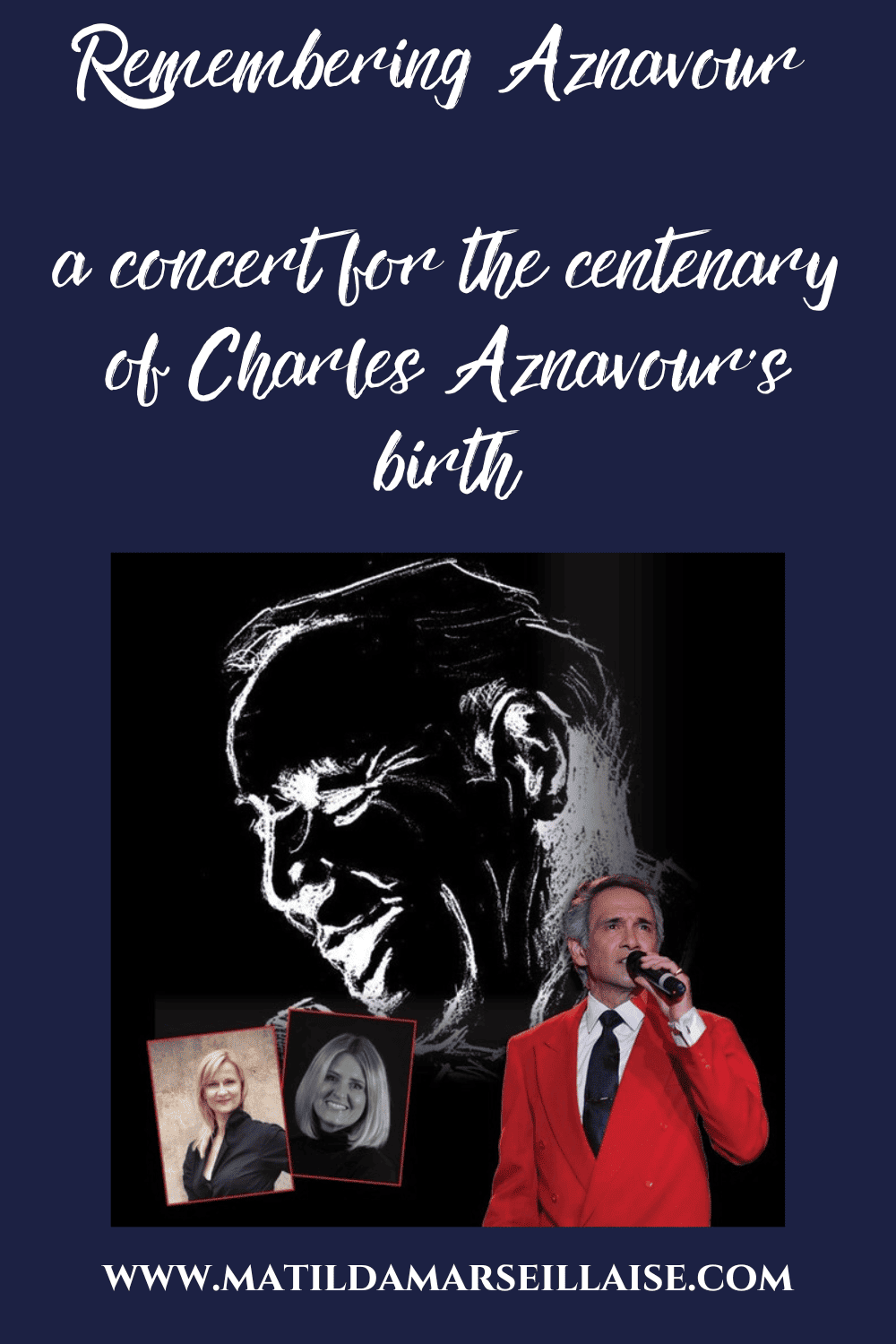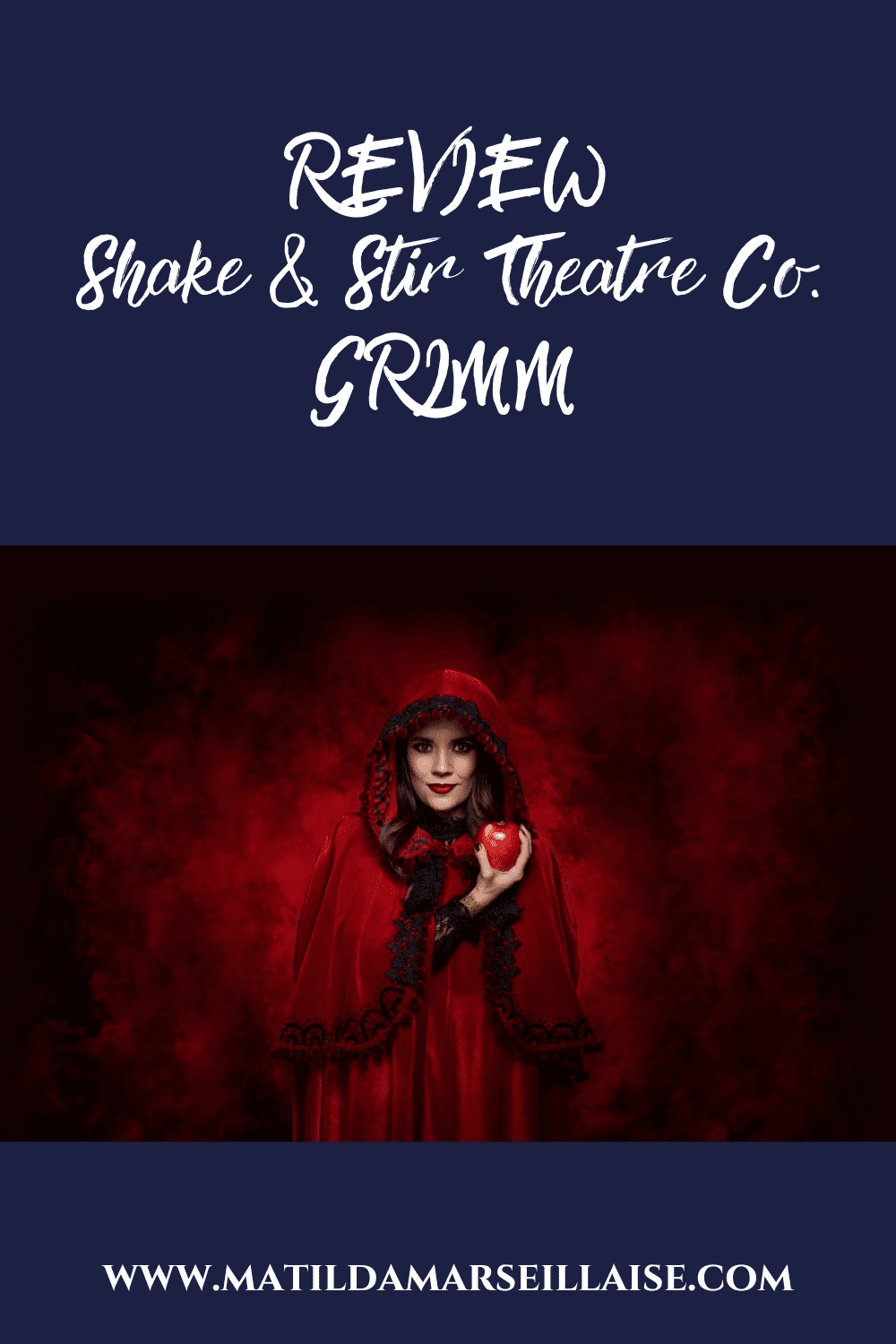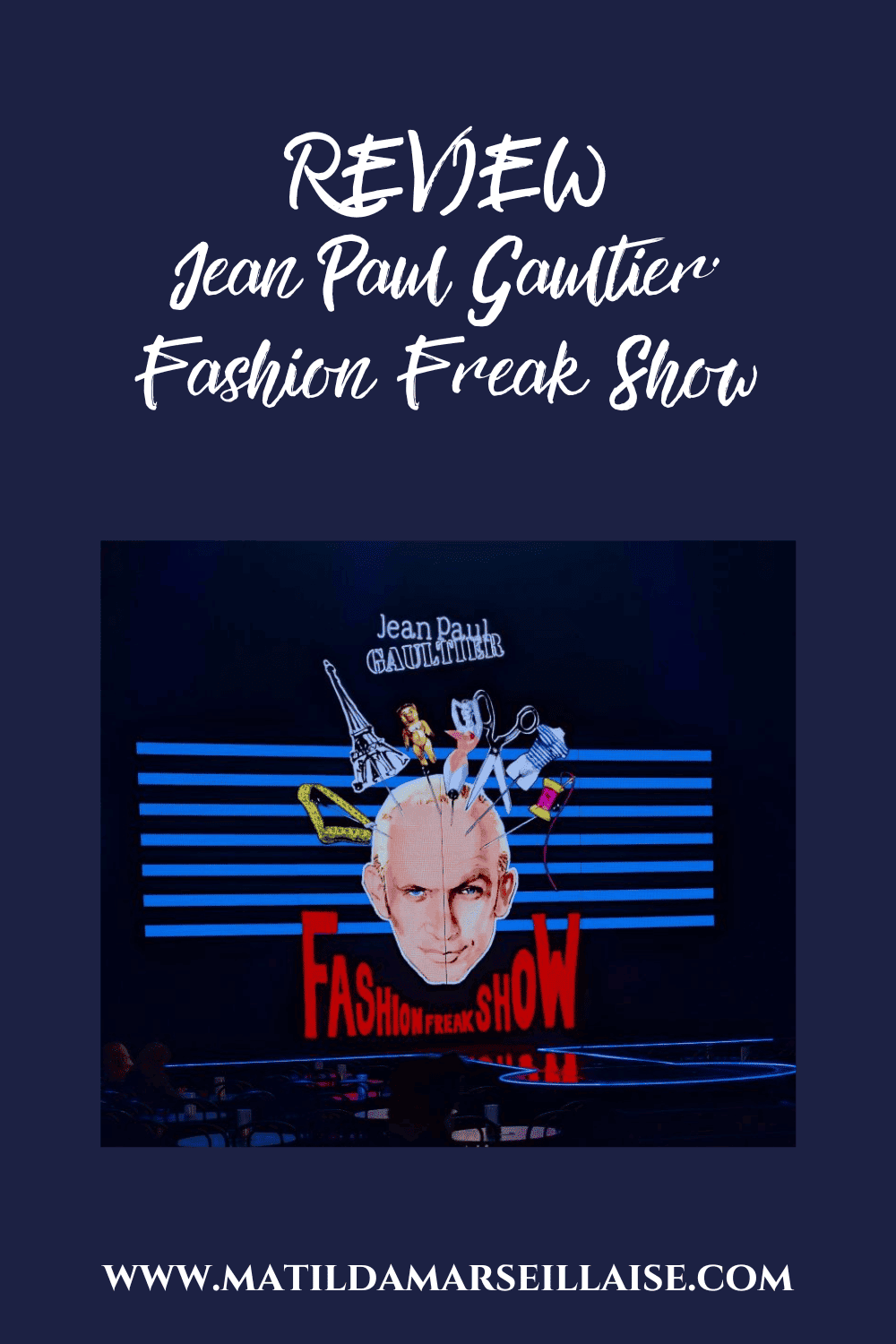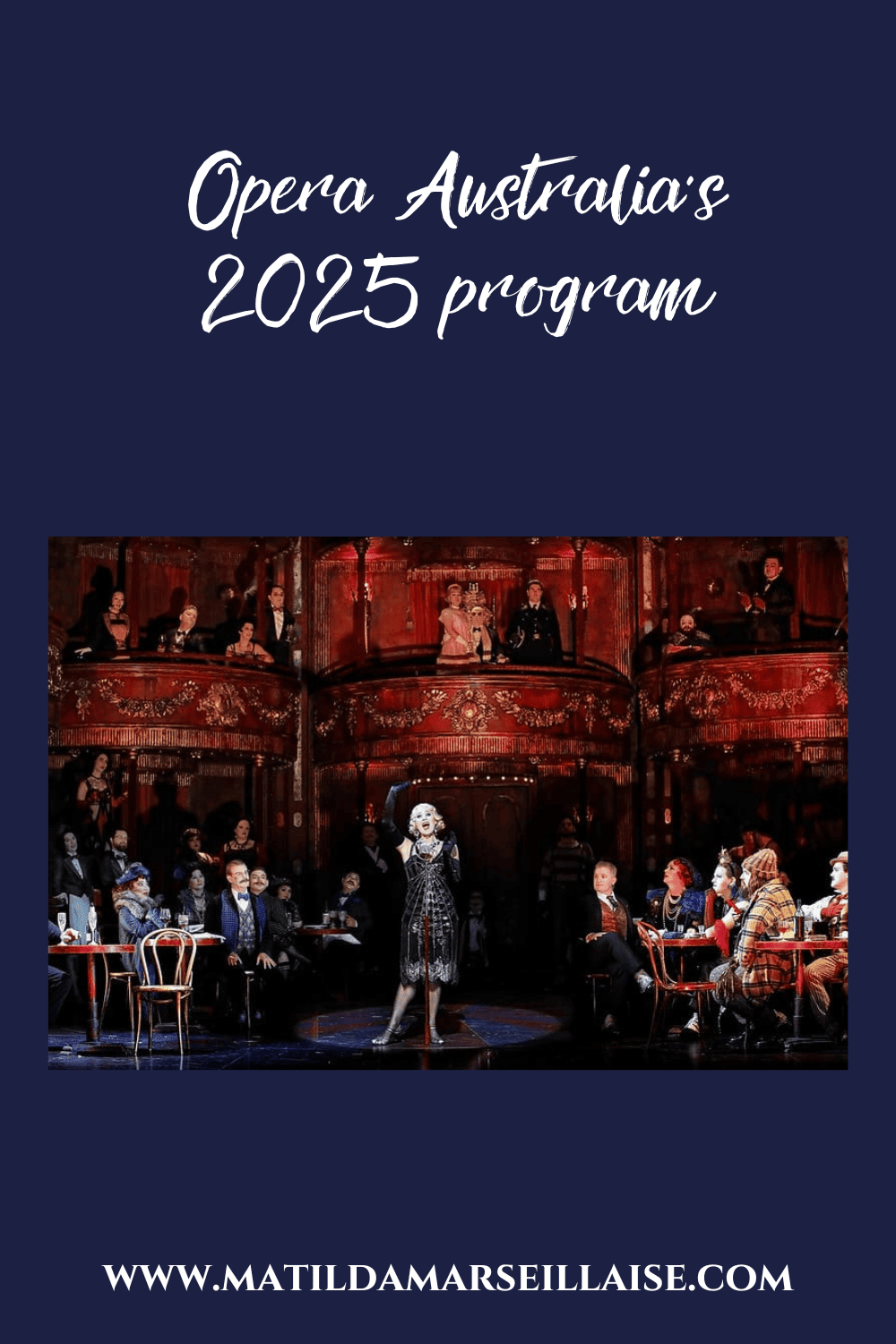A few months ago, I spoke with Jean-Pierre Hadida while he was in Australia for rehearsals of his show MADIBA, a story about Nelson Mandela. This show is about to wrap up its Australian tour with performances in Perth and Adelaide.
Given the substantial length of our discussion, we are publishing this interview in two parts, with the second part to follow in 2 days.
Information and ticketing links can be found at the end of the article.
You are the composer of the musical MADIBA.
I am more than that. I am the author, composer and collaborator. Often, they say the creator.
Tell us about this musical.
It’s an adventure which started in Paris. We played it for the first time in Paris in 2016. So it will soon be three years since it began. Music is my language so I looked for a subject which could both ask questions of society and also have a universal message of tolerance, living together and could also bring together music, theatre and acting
In discussions with my associate, it became clear that Nelson Mandela was a character that could really respond to all of that. In studying Nelson Mandela a little, I saw a quote from the end of his career in which he said “without music or dance, I could not live in peace in this word”. It’s true because during his 27 years in prison, music was very important. On the outside, concerts were organised in his honour – with Free Mandela slogans. And everywhere, in Europe, in England, in the United States, there were rock groups, pop music groups, and also traditional music. In all of this music and dance, because in Africa dance is a part of daily life – when there are political demonstrations – people dance in the street. So I found it valid to write a musical about Nelson Mandela because it’s not like other subjects where people sing and dance. In his case, it really was a part of his story.
And so we decided to make a creation. It’s not easy because most musicals today are often revivals – either there is the Disney universe which is very en vogue in the world of musicals or there are the Broadway classics. Here, we decided to be courageous and to launch into pure creation but with a universally known subject, which started in France but we knew very quickly that it was going to travel outside of France with this subject matter.
We know that Africa is a continent waiting to talk about the big African hero that is Nelson Mandela. So we started with Alicia Sebrien , who is my collaborator and together we constructed a scenario which is not only the story of Nelson Mandela but which is also the story of impossible love. It’s a sort of Romeo and Juliet in the times of apartheid. And so we were able to have a small story a larger one.

I was going to ask you what the little story in the larger story was!
The little story is this love story between Will who is a young black South African man and Elena, who is the daughter of the police chief. So you can imagine! She is therefore white African and for the first time, given that it was totally banned, whites with blacks, they go beyond that because love is stronger than everything. But in this story, there will of course be some drama as they are separated by the establishment. She will go to live in England for several years. They will reunite. Therefore the little story will be guided by the large events in Nelson Mandela’s life.
At the beginning when he is a young lawyer and he resolves problems case by case, his political conscience, his arrest and his 27 years – of course we are going to pass over the 27 years in prison a little faster. But we understand the world Nelson Mandela. Prison becomes a place where everyone went to see him, even the police, guards – because he was wise – he was someone who had aura and charisma. People came to consult him even to write letters, to help them express themselves – he had this wisdom.

The song « Freedom » from the Paris shows three years ago.
But for the first time we are going to have an adaptation in English. For me, it’s a huge honour because it is a language that I love and which is so linked to musicals. And a man, Neil Croker, from Australia, liked this subject, it’s a subject which overwhelmed him and he said that he wanted to bring the show to the Anglo-Saxon world, to his country first of course, to Australia and New Zealand. We worked on an adaptation – we evolved a few moments that relate to Anglo-Saxon audiences. You should know that Australia has a strong history with Africa and with Nelson Mandela. It was of the countries of the Commonwealth – there was a Prime Minster Bob Hawke who was among the first to denounce apartheid in having economic boycotts and that really encouraged Mandela and in the end all of the people who supported him to get rid of apartheid. When Mandela was freed, Australia was one of the first countries he visited to thank it for its support and clear thinking.
So that’s a little of what we are going to deliver as message and while we have been rehearsing in Melbourne, it’s magical to see all of this new cast, it’s a renaissance, and I see in all of these artists who have come from Sydney, from Melbourne, these people who are sometimes of African origin, people who are Australian.

And then the Nelson Mandela we have chosen is a young multi-talented artiste because he sings as well as he acts and as he dances. He’s called Perci Moeketsi. He is South African and he comes from Pretoria. He arrived in Australia in September and we’ve been working in the rehearsal studio, the Ministry of Dance in Melbourne. And I see hour by hour that the show is taking shape. Our choreographer has come to work, to make new choreography. Pierre-Yves Duchesne, the director, comes to see the work of his Australian Associate Director, who is Dennis Watkins. So all of this little team full of spirit will bring this musical to life that reunites all of the arts.
That’s why musicals have always interested me – it’s visual – there will be projections, illustrations, drawings, light and there will of course be dance, songs and then the beautiful pieces like Soweto – we are going to have a very beautiful piece with all of the dancers in the battle to have their rights respected, to obtain them. There you go, has that replied to your first question?

Yes! In fact it has replied to a number of my questions. This is an adaptation in English of the original in French. What are the challenges in translating into English, especially when songs contain words that may rhyme?
Ah yes, it is a very particular exercise where you need to completely forge the French version which is why it is not a translation but an adaptation. There are even songs which no longer have the same text because we went off on a different axis, on a different idea. You without doubt recall the famous song “My Way” by Frank Sinatra which was written originally by Claude François in French and which was called “Ma Habitutde” In the end, it was quite far from the original text and they did something different in a single syllable. “My Way” is not at all “Ma Habitutde”. It transformed it for a more English, more American, more global audience. That is a little bit of the challenge of adaptation. It’s to forget the original in order to reinvent the song and thjat’s what we did so that it worked.
And we correct things even during rehearsals where we never stop working on the “work in progress”. That is to say that these are living shows so we have the chance to modify them up until the opening night or even after the opening night, especially modifications so that things are more rapid, clearer. So there you go, that’s part of the magic of living shows.

Who should see the show Madiba?
For me it’s a show – in France at least – it’s a show for the 7 to 97 years old, really for all generations. I think it may be a little narrower than that – I would say that it’s from 13 or 12 years old – but everyone can come to see Madiba because it’s an important story and it’s festie. The audience should be as large as possible. Anyone who wants to see live shows, to see the living artists in front of them. When we live in a world today we are really in front of tablets, computers – that’s the reality – coming back to moments where a singer who sings, and dances will move us. Either you need to allow young people to have these experiences and a young person who is 12 years old will completely understand the story and I think that it will be unforgettable for him or her, because I think that a big show with 20 artists on stage, live musicians, dancers – these are strong moments.
The target audience is men and women who want to discover the story or to remember it, or who want to listen to songs – because the force of musicals is great songs that stay with you. When you hear the songs “Jail”, “The Rainbow Nation”, “Freedom” or “Soweto”, these are beautiful experiences. It’s like a voyage and I really invite the biggest number of people to come along.

Why choose this musical instead of other musicals?
I think that all musicals are good to see but it’s true that you have to make a choice because of budgets. I would say that this one is above all a creation – you have to encourage creations, it’s an important story which reminds us that democracy is fragile and to remember everywhere today that man is at the service of his fellow-man. Men are there to understand each other and culture is the best arm to combat injustice.
The second thing is spending two hours where you forget everything. You’ll tap your feet and clap your hands. You will hear sounds that come from elsewhere. We also have fabulous voices. What happened in Paris was that we had marvellous artists of all origins who came from diverse backgrounds and I find that Australia is also a diverse country – I’ve been to Sydney and Melbourne – that’s really the “United Colours” like they say. And so, for these reasons, and the curiosity, it’s not like known musicals like Grease or West Side Story.
I would say that i sis new – there’s a lot of singing – there are those who are fans of classical musicals – artists like Blake Erickson who is a fabulous singer and who plays the role of the Chef of Police with the song “My Civilisation”. And then, there are moments which are more rap and hip-hop – urban as they say. I think that is really what is missing from musicals today and you will see performer David Dennis who is a wonderful rapper, narrator and story-teller. It’s going to be wonderful.
I also notice that there is a musical which is doing really well in New York which is called Hamilton which also has some rap; it’s changed the musical code a little. It’s one of the biggest successes on Broadway today because it has woken up the style.
So there’s a lot of reasons!

That’s good. That way it opens it up to a lot of people!
You can see Madiba The Musical in Perth from 2 to 12 January and in Adelaide from 17 to 20 January. Tickets cost between $49 and $109 plus booking fees.
Perth tickets available here and Adelaide tickets available here.
For more information about the show: https://madibamusical.com.au/
What’s your favourite musical?





